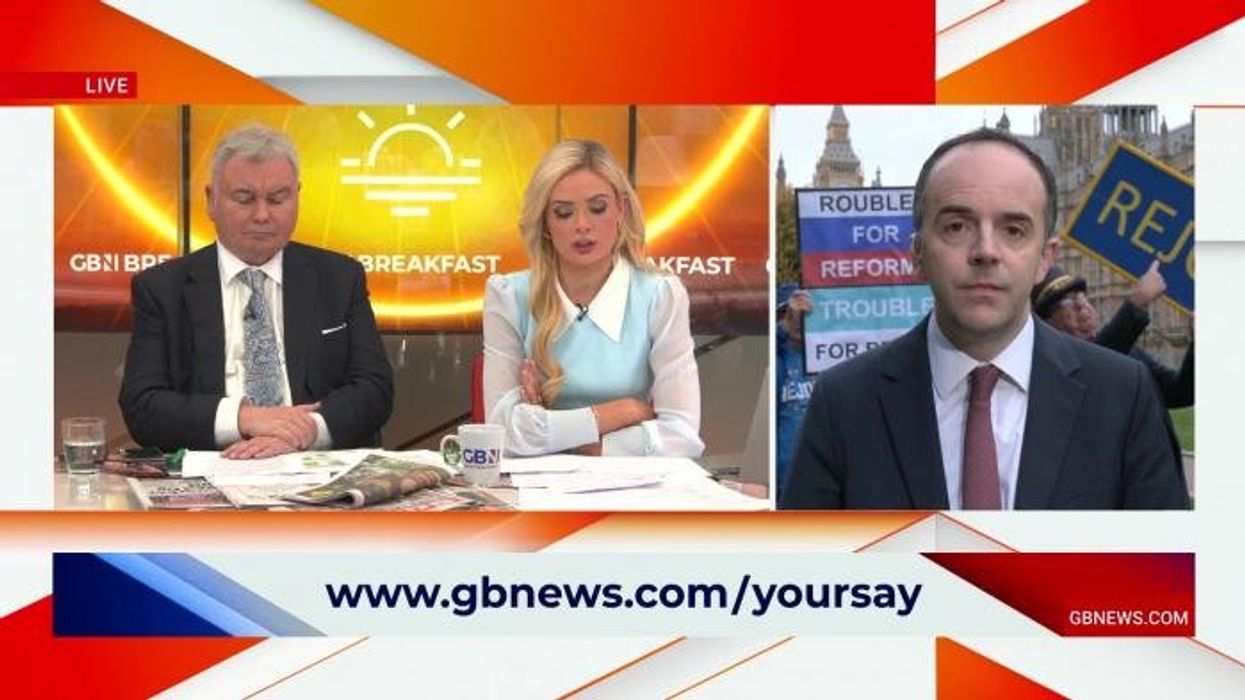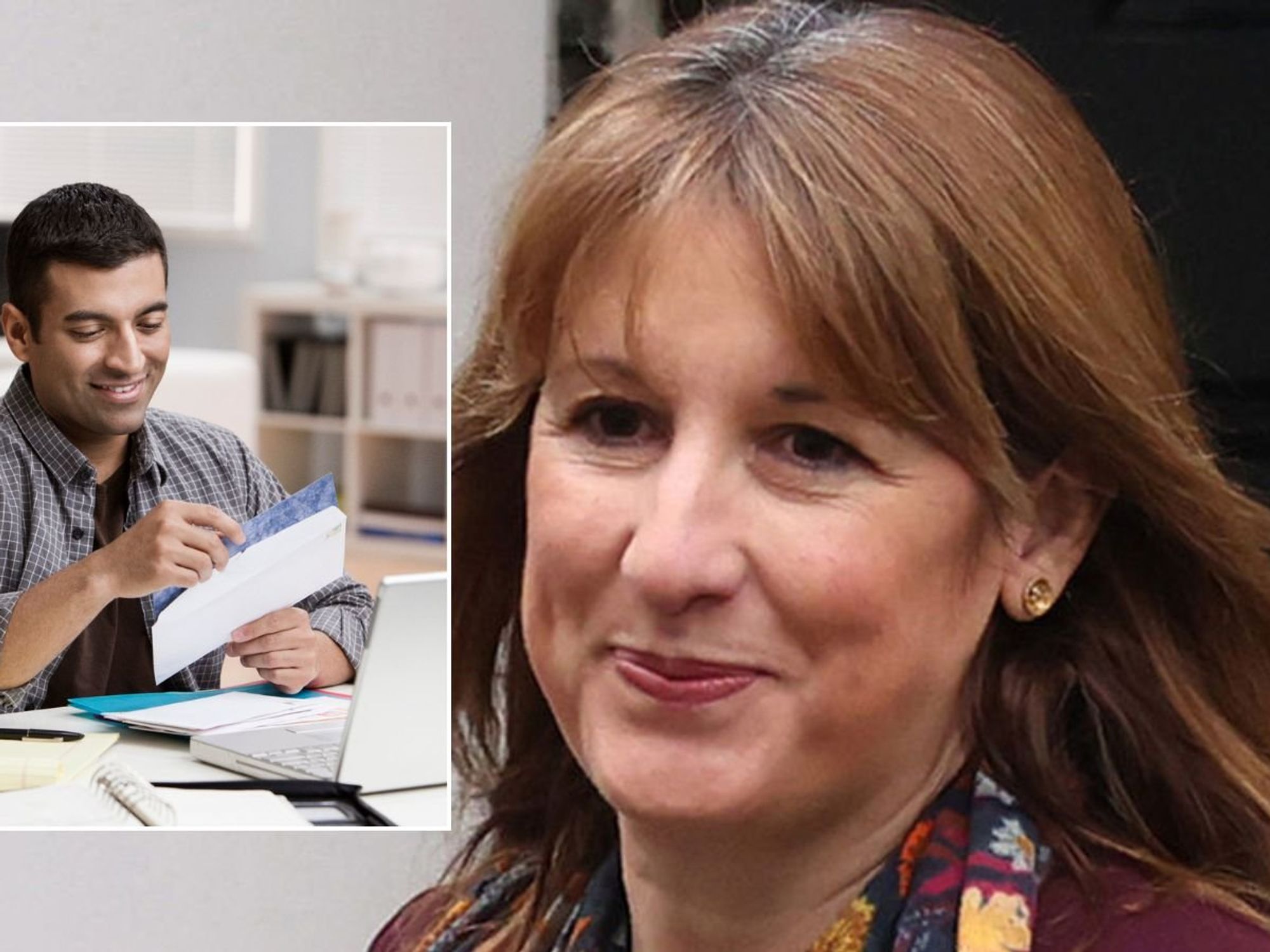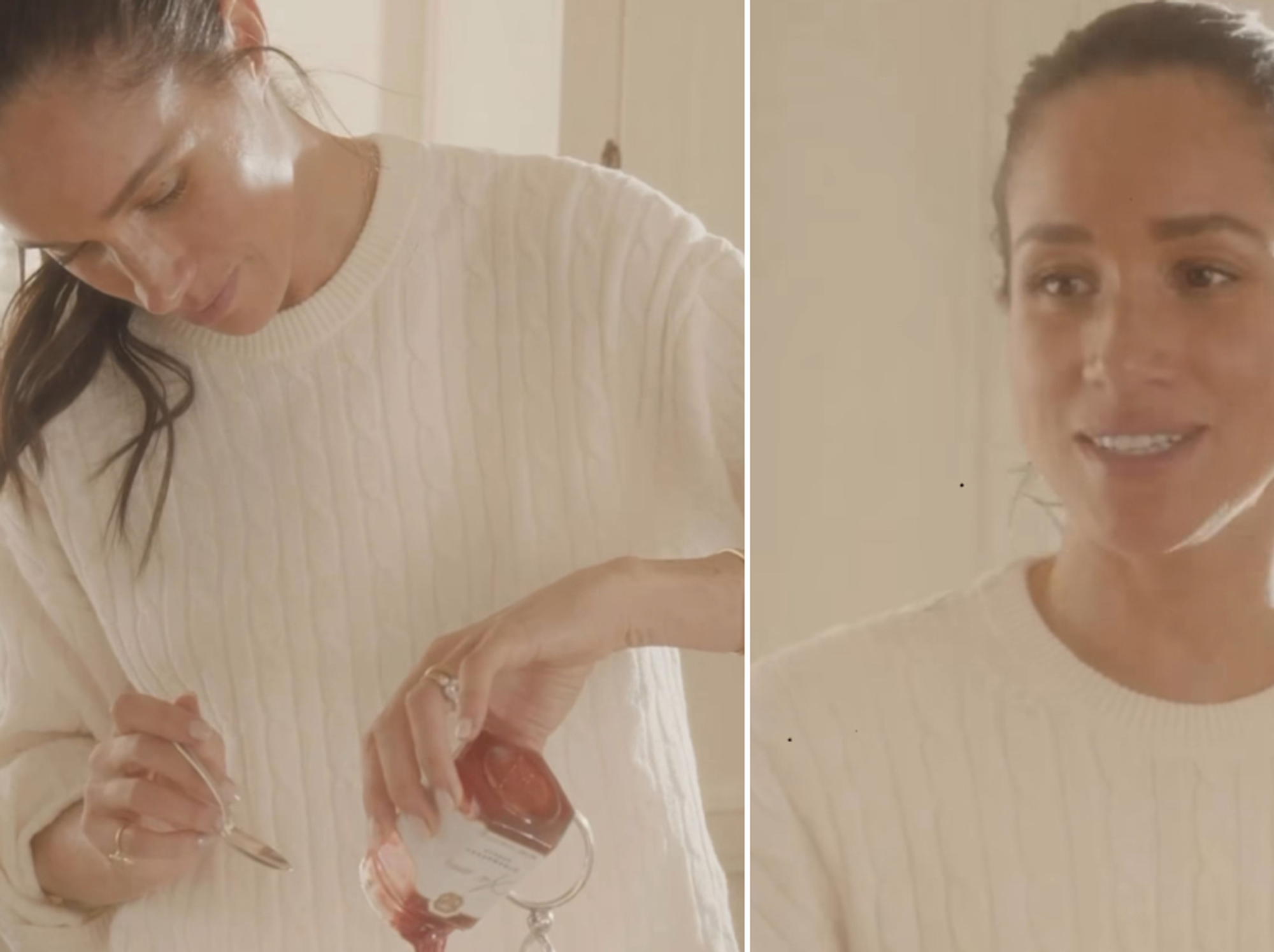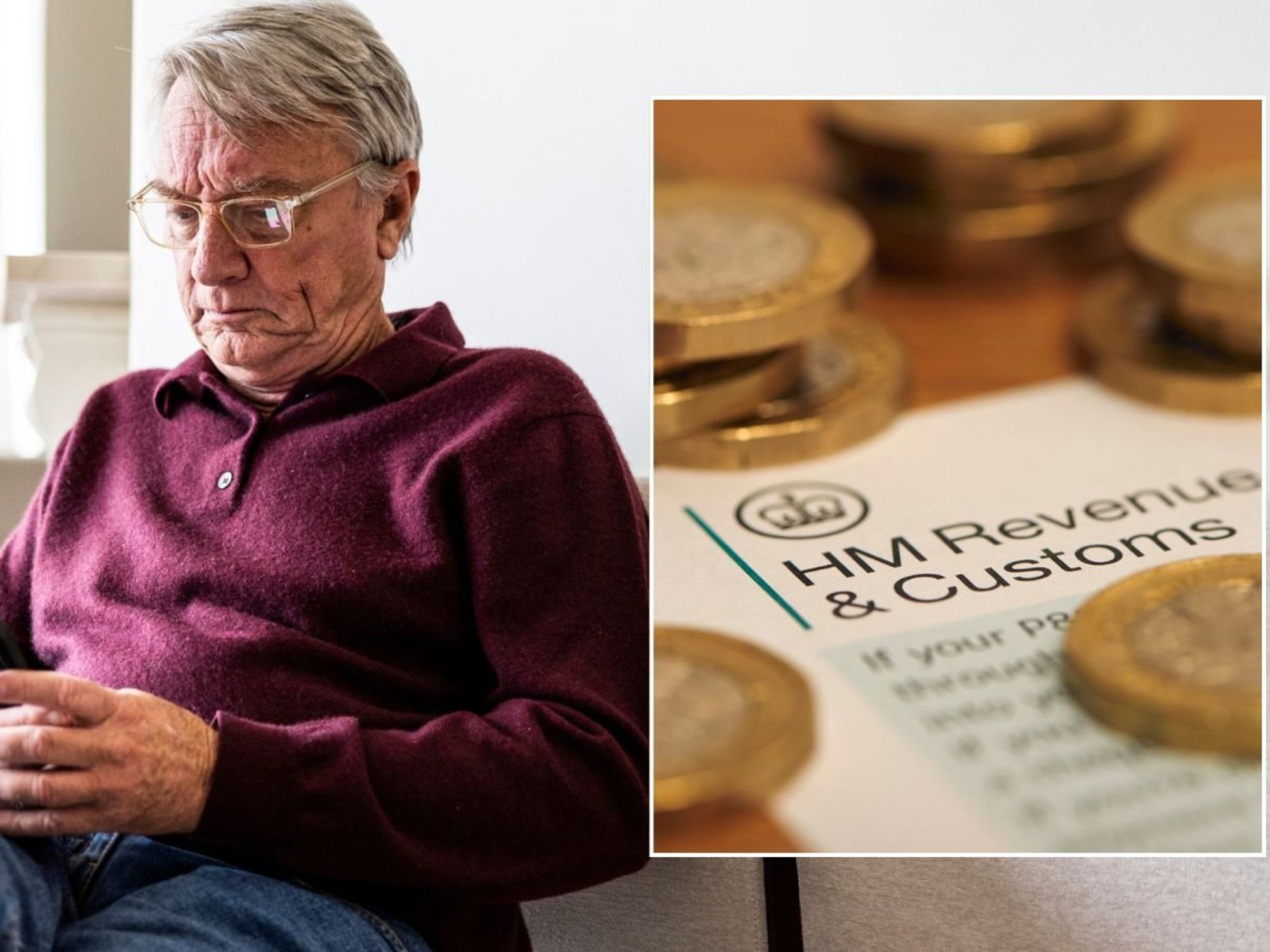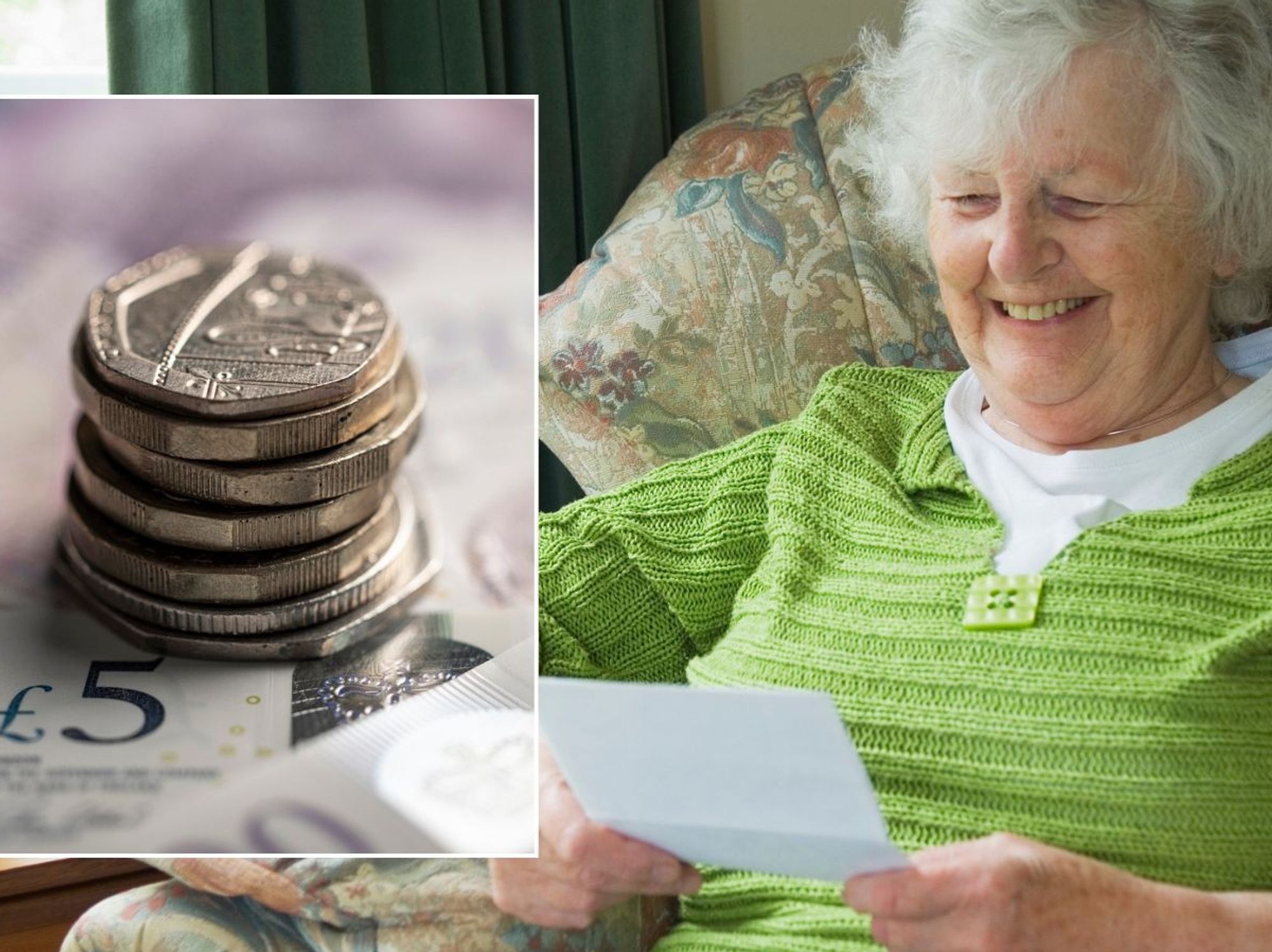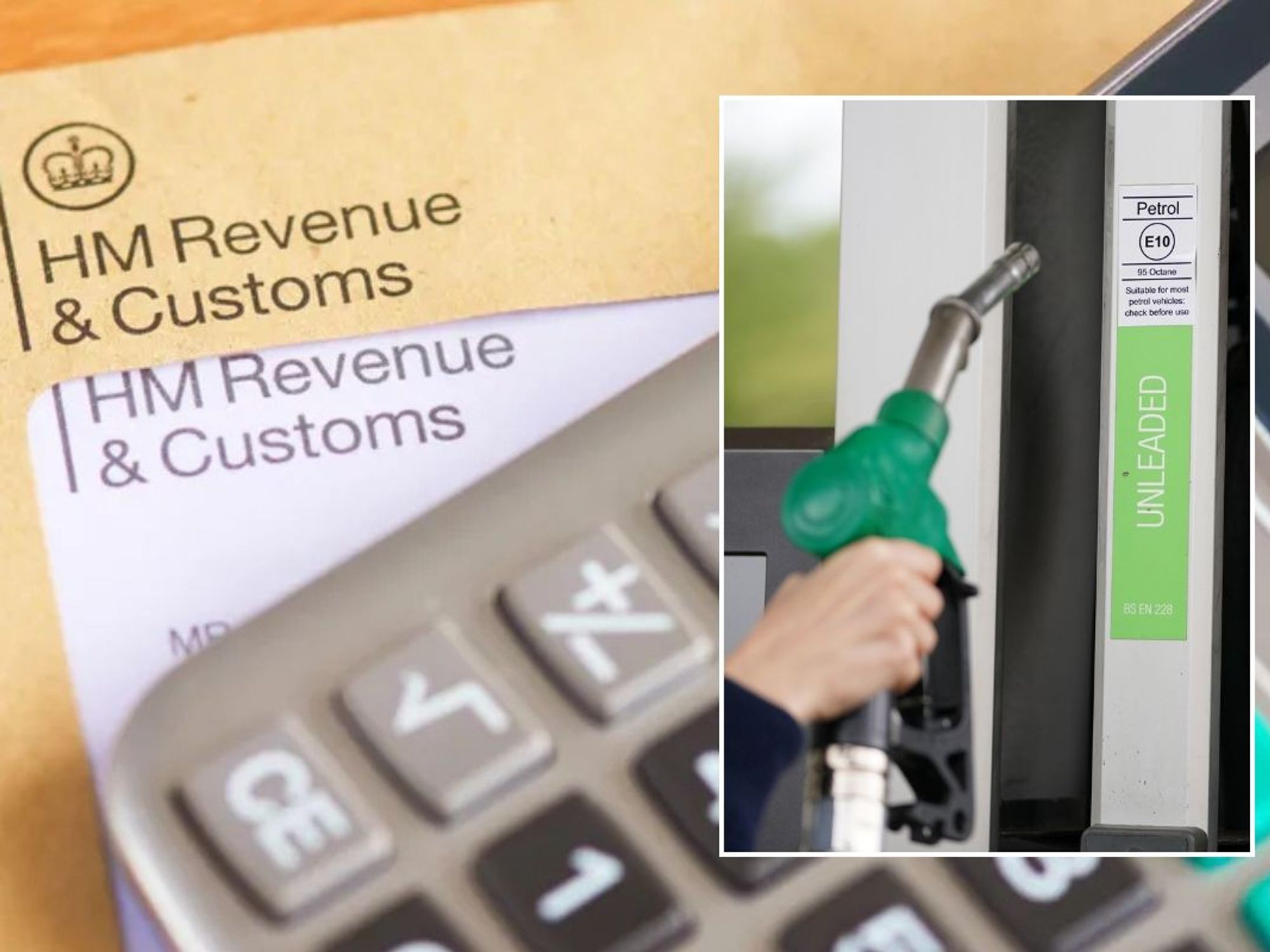Rachel Reeves 'considers raising INCOME TAX and breaking manifesto pledge to plug £30billion hole'

Tax changes are being discussed as the Treasury weighs a possible 1p rise in the basic rate of income tax
Don't Miss
Most Read
Chancellor Rachel Reeves is reportedly weighing up an income tax rise in next month's Budget to help plug a multibillion-pound gap in the public finances.
The Treasury faces a shortfall of more than £30billion, prompting discussions about breaking one of Labour’s key election pledges not to raise income tax.
Some advisers in both the Treasury and Downing Street believe an income tax increase could be the only reliable way to raise enough revenue to avoid further tax hikes later in the parliament, according to sources cited by The Gaurdian.
However, insiders say Ms Reeves is wary of the political fallout such a move could trigger, particularly after already breaching earlier commitments by raising national insurance last year.
The Treasury is reportedly divided over which income tax rates could be targeted if the Chancellor proceeds with a rise.
One option under consideration is adding 1p to the basic rate of income tax, which could raise more than £8billion for the public purse, but such a move risks deepening cost of living pressures for millions of workers.
Alternatively, Ms Reeves may choose to focus on higher earners, in line with her pledge that those with the “broadest shoulders” should bear the greatest burden.
Increasing the higher and additional rates, which apply to earnings above around £50,000 and £125,000 respectively, would raise far smaller sums, around £2billion and £230million.
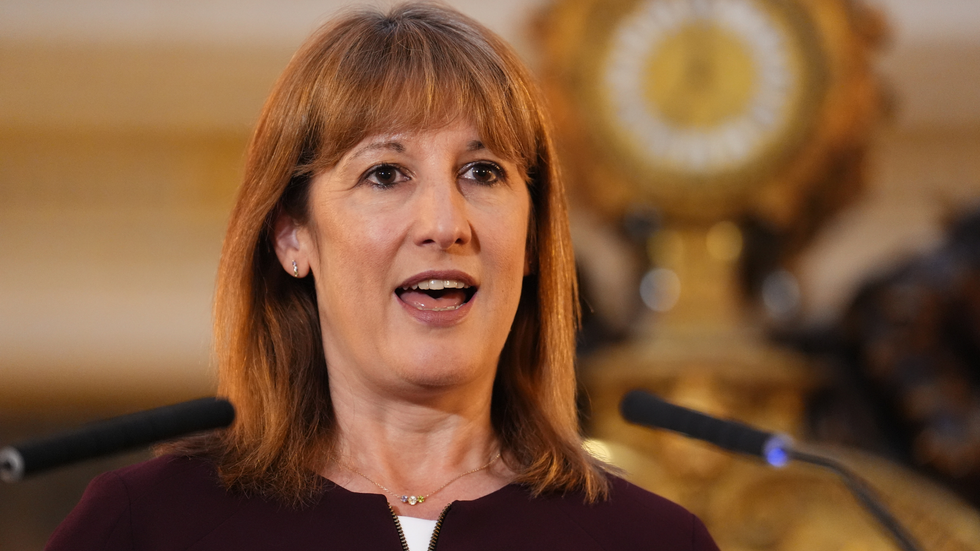 Rachel Reeves admits new tax hikes are coming in a matter of weeks | PA
Rachel Reeves admits new tax hikes are coming in a matter of weeks | PAOne senior official said current discussions centred on how much room Ms Reeves wanted to give herself against her fiscal rules.
The chancellor has said she wants to have more than the £10billion she accounted for at the spring statement, which has since been eroded by changing economic forecasts, but has not yet decided how much.
“There is a very live debate going on right now among those planning the budget about how bold we want to be on the headroom,” the person said.
“No one wants it to be £10bn again but there is an argument we go much higher, which will mean we don’t have to come back and do this again and might have space to cut taxes before the budget. If we go down that route however, it makes it more likely that we have to raise income tax – that is the discussion that is going on at the moment.”
Another said: “Rachel is understandably nervous but there is a big desire for additional headroom. But we need a stronger argument about our purpose if we are going to make the case.”
A third source said: “The politics is bad either way. What matters, I think, is doing the right thing.”
LATEST DEVELOPMENTS
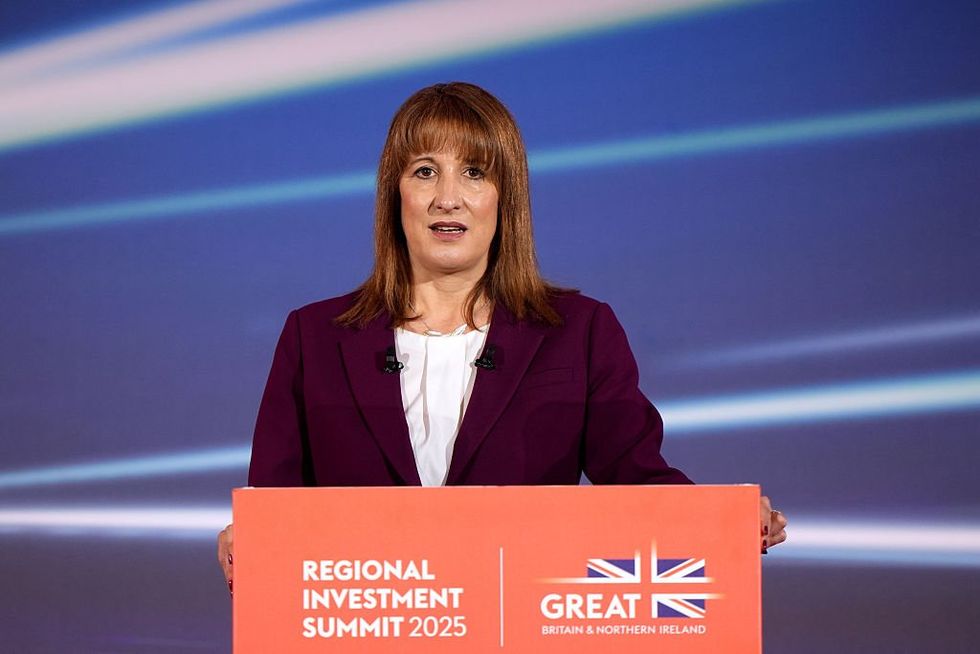
Income tax rise on the cards
|GETTY
Ms Reeves and Sir Keir Starmer continue to insist that Labour’s manifesto pledges “stand”, but neither has ruled out breaking them when the Budget is announced.
The chancellor is preparing one of the toughest budgets in recent memory, after the Office for Budget Responsibility cut its forecasts for UK productivity, a move expected to wipe around £20billion a year from the public finances.
On top of that, Reeves must find room to fund the reversal of winter fuel cuts, the scrapping of planned welfare reductions, and an anticipated decision to lift the two-child benefit cap.
Falling government borrowing costs have given her some breathing space, with interest rates on public debt now at their lowest level in over a year, potentially saving between £2billion and £3billion.
Ms Reeves is also expected to raise about £2billion by increasing national insurance contributions for doctors, lawyers and accountants working through partnerships, and hopes to pass planning reforms in time for them to be factored into the OBR’s projections.
These smaller tax tweaks and accounting changes are unlikely to raise enough money to make a real difference, as any savings could quickly be wiped out by changes in the economy.
Because of this, some of Rachel Reeves’s allies are urging her to take a tougher approach — even if it means breaking a key Labour manifesto promise, by raising income tax to bring in more reliable long-term revenue.
Economists also believe that a rise in income tax is the most likely step Ms Reeves will take in next month’s Budget, arguing it represents the “least damaging” way to close the £30billion gap in the public finances.
The National Institute of Economic and Social Research (Niesr) said adding 3p to the basic and higher rates of income tax would be less harmful than increasing VAT, corporation tax or a series of smaller taxes.

The Resolution Foundation has also called for Ms Reeves to focus on income tax,
| GETTYEd Cornforth, economist at Niesr, said: “A rise in income tax is the Chancellor’s least damaging, most reliable option for putting the economy on a sustainable, secure footing.”
The Resolution Foundation has also called for Ms Reeves to focus on income tax, suggesting she add 2p to the main rate while cutting 2p from employees’ National Insurance contributions to raise £6billion a year.
The Institute for Government has similarly argued that tax rises should “fall on those with average incomes”.
Even the Institute of Directors has said the Government must raise income tax to stabilise the national finances “if it is politically unable to cut spending”.
Economists agree that while such a move would make financial sense, it would be “politically unsavoury” given Labour’s manifesto pledge not to increase headline rates of income tax, VAT, National Insurance or corporation tax.


